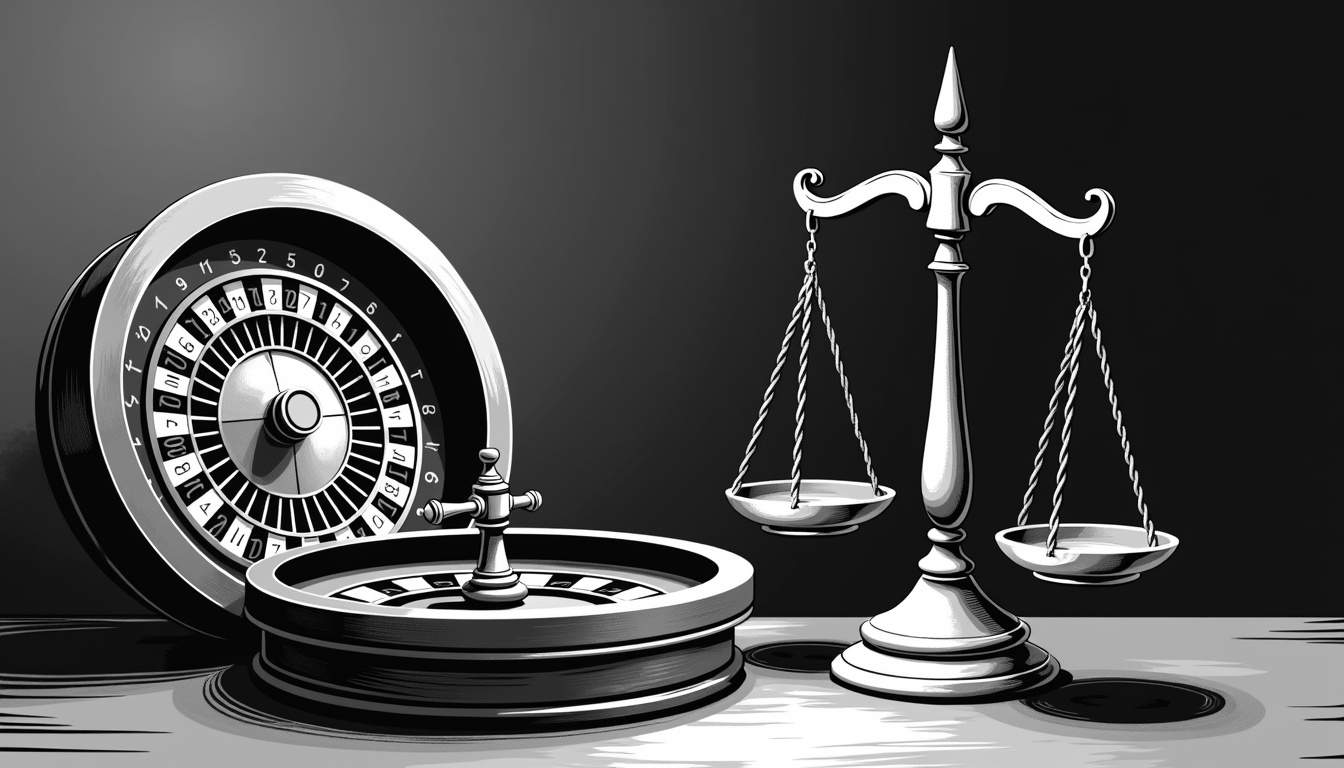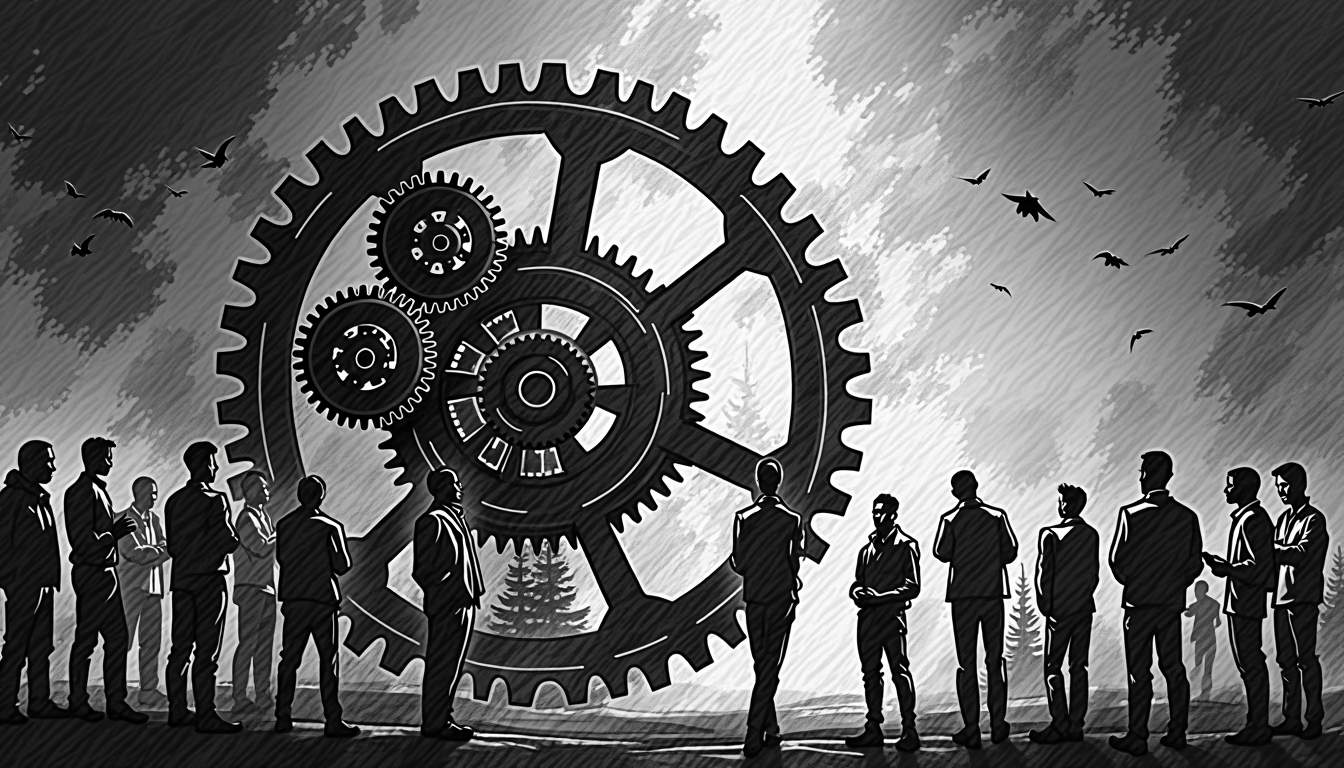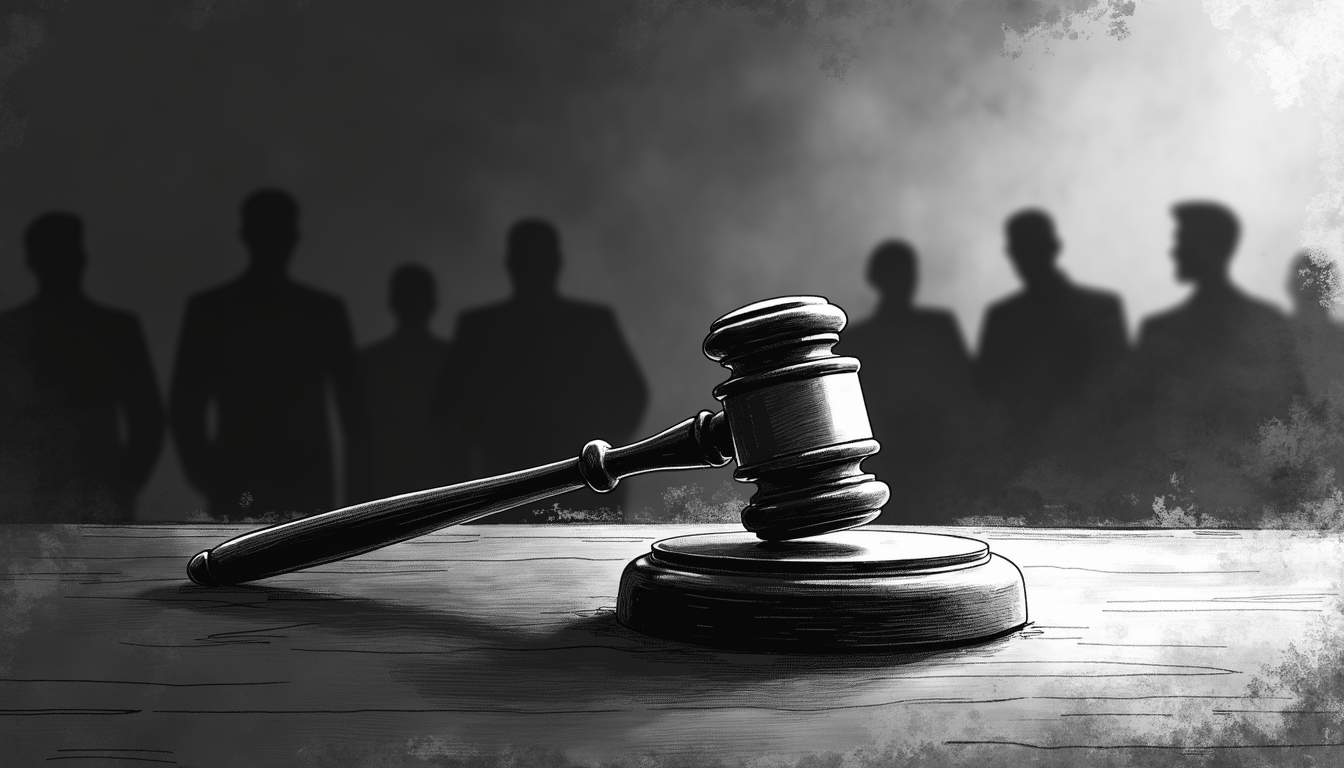I just came across this ruling and it’s kind of a big deal for anyone involved in crypto betting or decentralized platforms. Basically, a judge decided that Lido DAO is a general partnership under California law. What does that mean? Well, it means all the members can be held liable for what the DAO does. And if you think about it, that could spell trouble for a lot of us out there.
What Happened?
This all started when some dude named Andrew Samuels filed a lawsuit after buying some tokens from Lido. He claimed they were unregistered securities and the court agreed! But here’s the kicker: the court also said that just being part of the DAO could expose you to liability. So if you’re posting on forums or participating in governance, congratulations, you might be liable for whatever shenanigans other members do.
Why This Matters for Crypto Betting Platforms
Now let’s connect the dots here. Most decentralized betting exchanges operate pretty similarly to Lido. Here are a few things we should be worried about:
First off, Liability Under Partnership Law is huge! If Lido can be considered a general partnership, then so can my betting DAO (if I had one). That means all members could be held liable for actions taken by the platform.
Then there’s Regulatory Compliance: The ruling basically says “just because you’re decentralized doesn’t mean you’re off the hook.” If anything, it gives more reason for regulators to come down hard on us.
And let’s not forget about Centralized Control: The court pointed out that even with decentralization, if 64% of your tokens are held by founders and early investors (which gives them major influence), then you’re not as decentralized as you think.
Finally Promotional Activities: The court noted how Lido’s social media campaigns could be seen as solicitation. So if my hypothetical betting DAO starts tweeting about our great odds? Yeah… we might be asking for trouble.
How Can We Protect Ourselves?
Okay so what can we do? Here are some strategies I’m thinking:
-
Legal Structuring: Maybe it’s time to look into more formal structures like those proposed in Wyoming that actually recognize DAOs as legal entities.
-
Clear Governance Mechanisms: Establishing clear rules and procedures might help show we’re organized and not just a bunch of anarchists.
-
Regular Audits: Given how reliant we are on smart contracts, regular checks would ensure no one’s slipping something malicious in there.
-
Decentralized Decision-Making: We should probably keep our decision-making processes as decentralized as possible while still being compliant with whatever laws exist.
-
Transparency: Open-source code and clear reporting mechanisms can go a long way in building trust (and maybe avoiding regulatory scrutiny).
-
Jurisdictional Awareness: Knowing what different countries require legally is essential since many of us operate globally.
Summary
The Lido ruling is definitely something to chew on for those of us involved in decentralized betting platforms or any kind of DAO really. It highlights how important it is to stay aware of evolving legal landscapes while trying to maintain our core principles of decentralization and autonomy.
Are we heading into an era where true decentralization becomes impossible due to existing legal frameworks?








